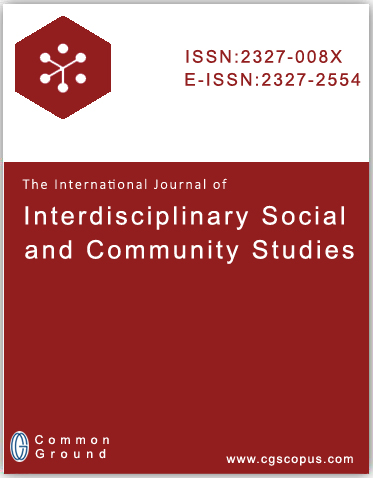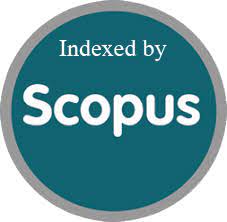THE DEMOGRAPHIC COMPOSITION OF MIGRATION AND ITS IMPACT ON FAMILY INSTITUTION AND SOCIAL RELATIONS
DOI:
https://doi.org/10.18848/2dbckr25Abstract
Migration has become one of the most influential social phenomena of the 21st century, reshaping demographic patterns and altering family institutions. The demographic composition of migrants—including age, gender, marital status, and educational background—plays a crucial role in determining the extent to which migration influences social relations and family dynamics. This paper examines the interplay between demographic characteristics of migration and its consequences for family cohesion, intergenerational ties, and social interactions. Findings suggest that while migration can lead to increased financial stability and cross-cultural exchange, it also creates challenges such as family fragmentation, shifts in gender roles, and weakened community networks.










